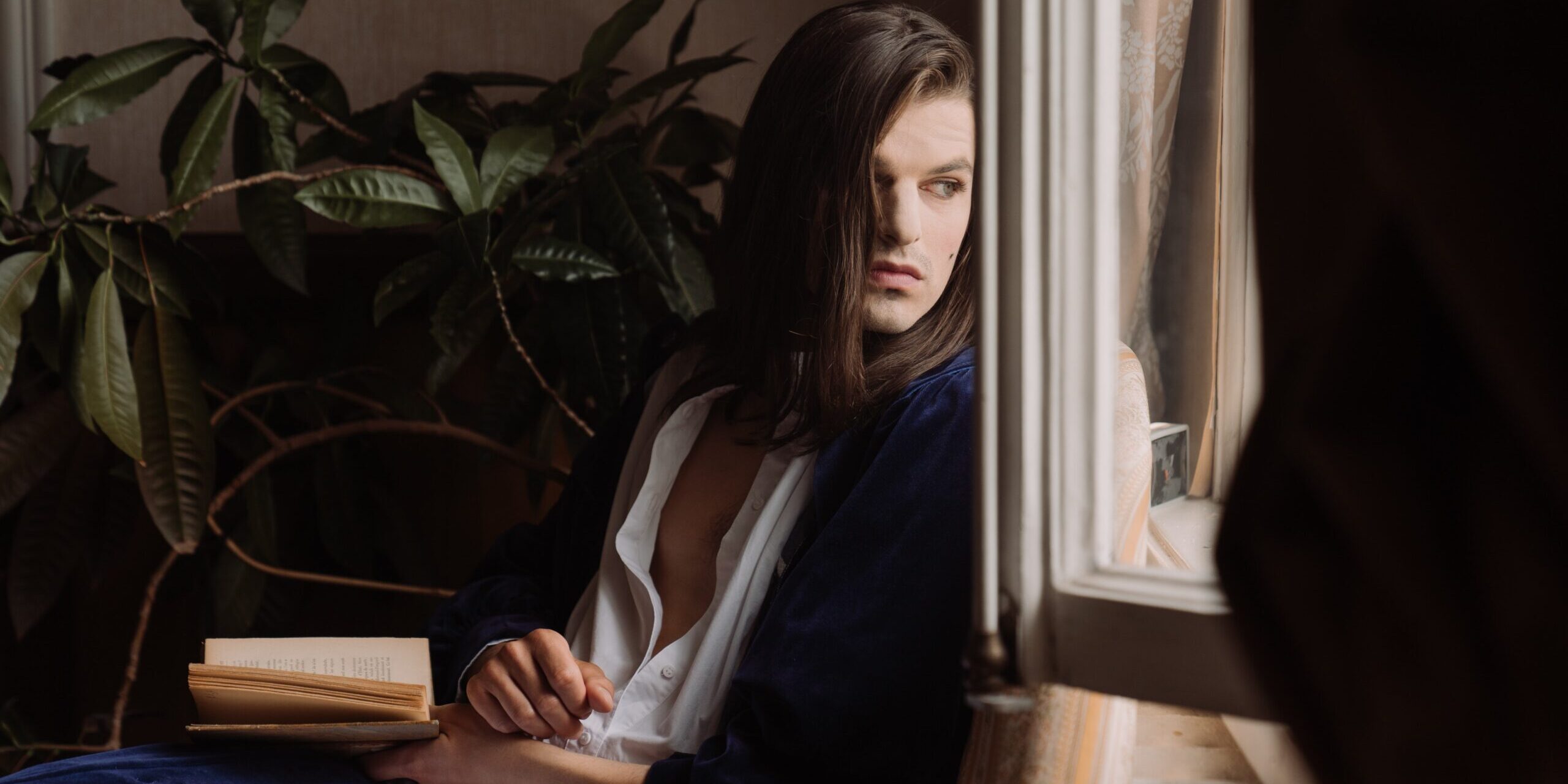Purity culture. I didn’t have that name for it when I was young. I just heard over and over again that sex is only for married men and women, the end, full stop. To reinforce this, when I was 13 my parents gave me a gold ring to wear, with a little rose on it symbolizing my “purity.” And then I promptly lost it in the locker room in gym class. Oops. Unconscious perhaps, but definitely not intentional.
No, I was so sold on this purity stuff as a teenager that when one of my non-Christian friends went all the way with her boyfriend at the age of 16, I cried. I literally wept with total sincerity, undone by her rather average decision to move things sexually forward in her long-term, serious relationship. And no, I wasn’t secretly in love with her. I truly believed she was making a terrible mistake. Funny thing – those two are still together over 30 years later.
As an outside observer, the idea of encouraging kids to just “wait until marriage” can seem benign. What’s so wrong with getting high schoolers to put off sex a little longer? Why is purity culture such a big deal? But if you’re here reading this you likely have some idea. It reinforces patriarchy and oppressive gender roles, it prevents people from understanding their own sexuality, it rushes young people into marriage, it discourages reproductive choice, it encourages fat phobia, body shaming and other related problems, and so much more. But let’s talk about why it is especially problematic for queer and trans people.
The basic concept behind purity culture is that sex is to be saved for marriage between one man and one woman. This is problematic from the start, since it ignores the existence of any human iterations outside of cis-het man and cis-het woman, and any alternative pairings simply aren’t acknowledged as valid. Gay? That’s apparently not a real thing, according to the purity folks. Trans? Nope, to them that’s also not anything. These identities and orientations under the LGBTQ+ umbrella are seen as something to be fixed, cured, or prayed away.
The evangelical purity movement is inherently hostile to LGBTQ+ folks because it has no acknowledgment of our identities; instead it sees us as people with afflictions who are engaging in sinful behavior. To the purity culture proponent, one is not a gay person; one is just a person engaging in homosexual, “deviant,” behavior. When you ask a fundamentalist Christian to just accept their queer kid, the reaction – well, as Christian YouTubers Paul and Morgan Olliges said in the docuseries Shiny Happy People: (paraphrasing) “God didn’t make you gay, just like he didn’t make you a thief.”
Yeah, it’s all pretty awful. The purity movement is not just a simple nudge to get horny hetero teens to postpone intercourse. It creates a rigid, hostile environment, especially for queer folks who quickly learn they have no place in their community.
If, like me, you identify as LGBTQ+, please know that you are wonderful, just as you are.
The internalized shame and stigma that LGBTQ+ folks experience within the purity movement can linger for years, even decades, after one has left the church. This can be true even when you are quite sure, on a conscious level, that you accept your sexuality or gender identity and you firmly have rejected your former belief system. The residual impact can take the form of religious trauma syndrome, relationship issues, sexual dysfunction, anxiety disorders, and more.
If you are a member of the queer community experiencing the after effects of purity culture, I hope you will reach out for help and support. While I do provide one option as a therapist, there are so many other options available to you, through your local LGBT community center, other therapists, hotlines, and more. See below for a few places to start.
The Trevor Project
https://www.thetrevorproject.org/
National Coming Out Support Hotline
888-OUT-LGBT
Reclamation Collective
https://www.reclamationcollective.com/
Recovering From Religion
https://www.recoveringfromreligion.org/
(for my locals) San Diego LGBTQ Center

